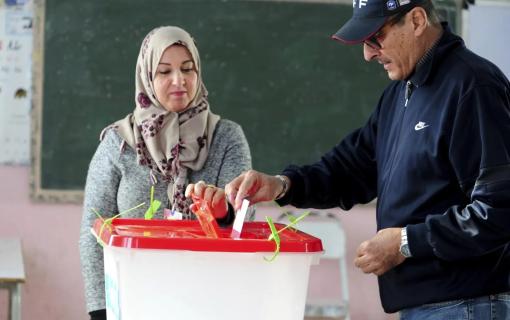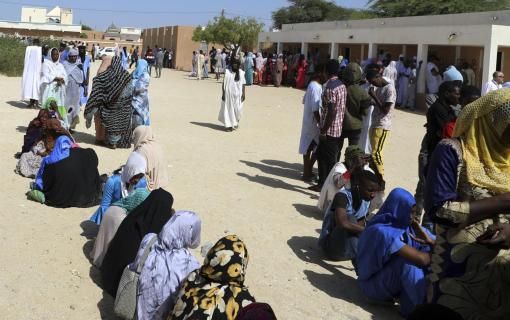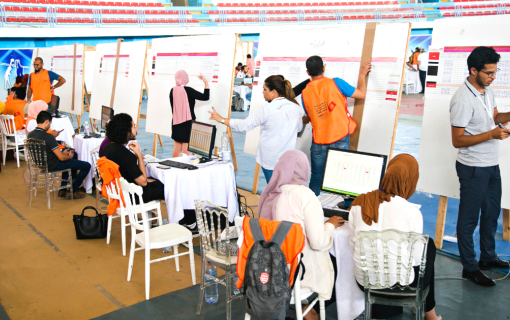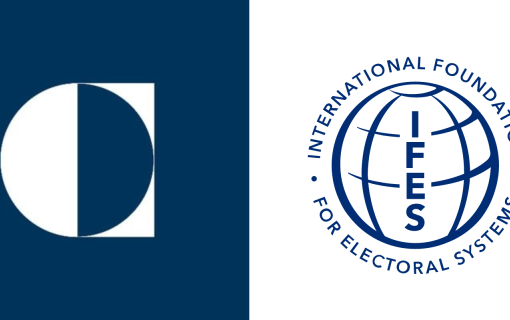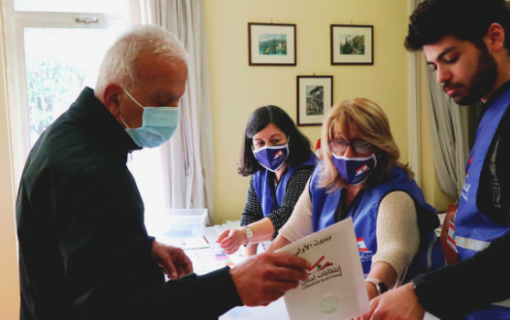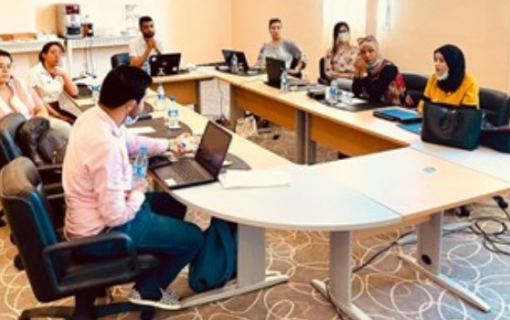
Raising Awareness of Future Tunisian Leaders on Campaign Finance
“The International Foundation for Electoral Systems (IFES) and the National School of Administration (ENA) share a common objective: to raise awareness among Tunisia’s future leaders on electoral matters,” stated IFES Tunisia Chief of Party Nicolas Kaczorowski, during a January 25, 2017 seminar on campaign finance and its control that was co-organized by IFES and the ENA. This discussion, which included over 100 students from the ENA, was part of an ongoing joint effort between the two organizations to increase future Tunisian decision-makers’ level of understanding of key aspects of the electoral process. The seminar was supported by funding from the U.S. Department of State’s Middle East Partnership Initiative.
The January 25 seminar increased students’ understanding of electoral processes and provided a platform to discuss the complexities of campaign finance and its control with senior officials from the Assembly of the Representatives of the People, the High Independent Authority for Elections (ISIE) and the Court of Accounts (CoA). Speakers presented basic campaign finance concepts and definitions and explored the characteristics of electoral campaign financing systems, including the role of oversight bodies under Tunisian law and their evolution during the electoral events that have taken place in Tunisia since 2011. The seminar aimed to foster reflection on appropriate methods of establishing equitable financing mechanisms and efficient controlling mechanisms to ensure the fairness of the electoral process.
Much of the debate during the seminar revolved around key issues like the revised legal framework for the forthcoming municipal and regional elections – notably the shift from pre-campaign public funding to a post-election reimbursement of expenditures – the establishment of realistic and effective systems of control to preserve public funds, the oversight of campaign finance and the control of electoral expenditures by the ISIE and the CoA.
The event preceded the start of a course on election dispute resolution that will be delivered by IFES Legal Adviser Narjess Tahar for the second year in a row. The 10-week intensive course provides ENA students enrolled in the program for future administrative judges with a thorough knowledge of the litigation of electoral complaints from voter registration, to candidacies and result management. As one of the elite schools in the country, many ENA students will likely hold key positions in the Tunisian administration in the future and may be responsible for adjudicating electoral complaints. The course is supported through funding from the Swiss Federal Department of Foreign Affairs.
During the seminar, IFES and the ENA Director discussed the possibility of developing a course on campaign finance and its control for ENA students that would complement the existing IFES-sponsored course on election dispute resolution. IFES expressed its willingness to prepare the course curriculum and deliver the course in conjunction with the CoA. Since 2012, IFES has actively supported the development of effective systems and regulations for campaign finance and its control in Tunisia and will continue to provide training and technical assistance to stakeholders to ensure a credible and efficient control of campaign finance during the upcoming municipal and regional elections. Similarly, as part of its ongoing work on election dispute resolution, IFES will work to strengthen the capacity of Tunisian judges to adjudicate electoral complaints in an efficient and timely manner ahead of the local elections.





